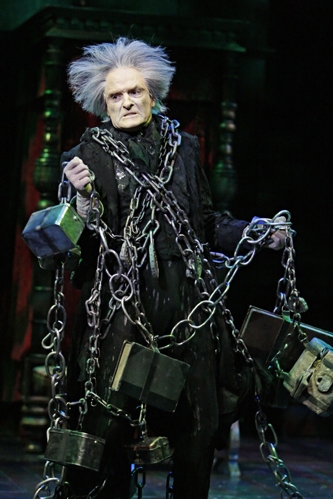Obstacles are everywhere in life:
- The teenager left a mound of clothes to step over
- You’re stuck in morning traffic
- Everyone’s in the kitchen at the same time
- You reach the grocery checkout and there’s long lines
Think about how much time is spent waiting to either go around or jump over obstacles and you’ll see it’s an astounding amount of time we can never regain.
In one aspect of life, I see obstacles where they should not be. In my estates, I work closely with boomer children to guide them in making solid decisions regarding their parents’ possessions:
- what should be sold
- how it should be sold
- how to maximize the sale
- options and resources
My work also places me in the nitty-gritty of “family affairs”, many situations that are not for the faint of heart. In the last few years, I am seeing siblings doing things against each other more than ever before, and I call it The Blockade.
A good example of The Blockade is when one sibling moves in with a parent, either to help with their needs or because the sibling is financially strapped and needs a place to live. Often, it is both. This sibling is usually helpful with the parent and keeps the home clean, helps cook, cares for mom, etc. The problem takes place after mom is placed in another residence like assisted living or passes away. Getting that sibling to move out of the family home can take an act of God. Literally.
I see these children (not all, but many of them) not want to budge and often force the hand of the executor. Sometimes they feel justified because they did so much work and offered care for the parent. I understand that. However the entitlement mentality does not belong here at this place and time, because mom’s will often stipulates the home is to be sold and possessions divided.
Rarely is this sibling the executor or legal decision maker. Since I work with the legal decision maker, I get a front row seat to this event. Sad to watch! The sibling living in the home will use it as a storage facility, settling in for the long run and making life very hard on the other siblings and especially the executor. Resentment grows; you can figure out the remainder of the story.
I have seen these refusing-to-budge siblings throw fits, threaten, etc. The bottom line is if the legal documents are prepared ahead of time and the instructions are clear that the home is to be sold and divided among the heirs, that is what must be carried out.
It is not okay to be The Blockade. I can see both sides and I understand the emotional ties to a home and possessions can be very strong. But nothing ever stays the same. Everything transitions to some other place. Life is ever-changing. Sometimes things cannot remain the same, even if we want them to.
This is about the parent’s wishes and fulfilling them for ALL involved!
I recently had the pleasure of working with an executor who had to deal with this situation. He did not want to hurt his sibling. He had already been incredibly patient. His situation was fairly simple as the will specified what had to be done. I encouraged him to:
- Document correspondence to that sibling, including emails and certified letters, stressing mom’s will be followed.
- Offer the sibling a fair amount of time to vacate and give a date when they will need to be moved out to a new home. (This sibling had been dragging their feet for a year now.) They might say they have no money and no place to live, but they have to put forth effort and do what is legally and morally right. If they are in ill-health, try to help them with local resources.
- Enlist the advice of an attorney if you cannot resolve this issue on your own. No one wants to do this, but in some cases, you may have to meet one to find out the best course of action because of all the problems arising from The Blockade. Perhaps it can be resolved peacefully, which is optimal for everyone.
- Hire a realtor.
- Be present, or have a representative present, when they do move out. In this case, items were disappearing daily which is certainly not fair to the other siblings. Have the locks changed immediately after the sibling leaves.
- Hire an estate sale professional immediately after they have moved out to sell the contents of the home. www.ASELonline.com
- Everyone move forward with their lives. Try your best to keep the peace.
Life is hard enough without added obstacles. Do your best to never become one. If you know someone who is currently The Blockade, talk to them about how their actions are impacting others. The goal is to be part of the resolution, not part of the problem.
©2016 The Estate Lady®
Julie Hall, The Estate Lady®, is the foremost national expert on personal property in estates, including liquidating, advising, and appraising. http://www.TheEstateLady.com She is also the Director of American Society of Estate Liquidators®, the national educational and resource organization for estate liquidation. http://www.aselonline.com.
No part of The Estate Lady® blogs, whole or partial, may be used without Julie Hall’s written consent. Email her at julie@theestatelady.com.



